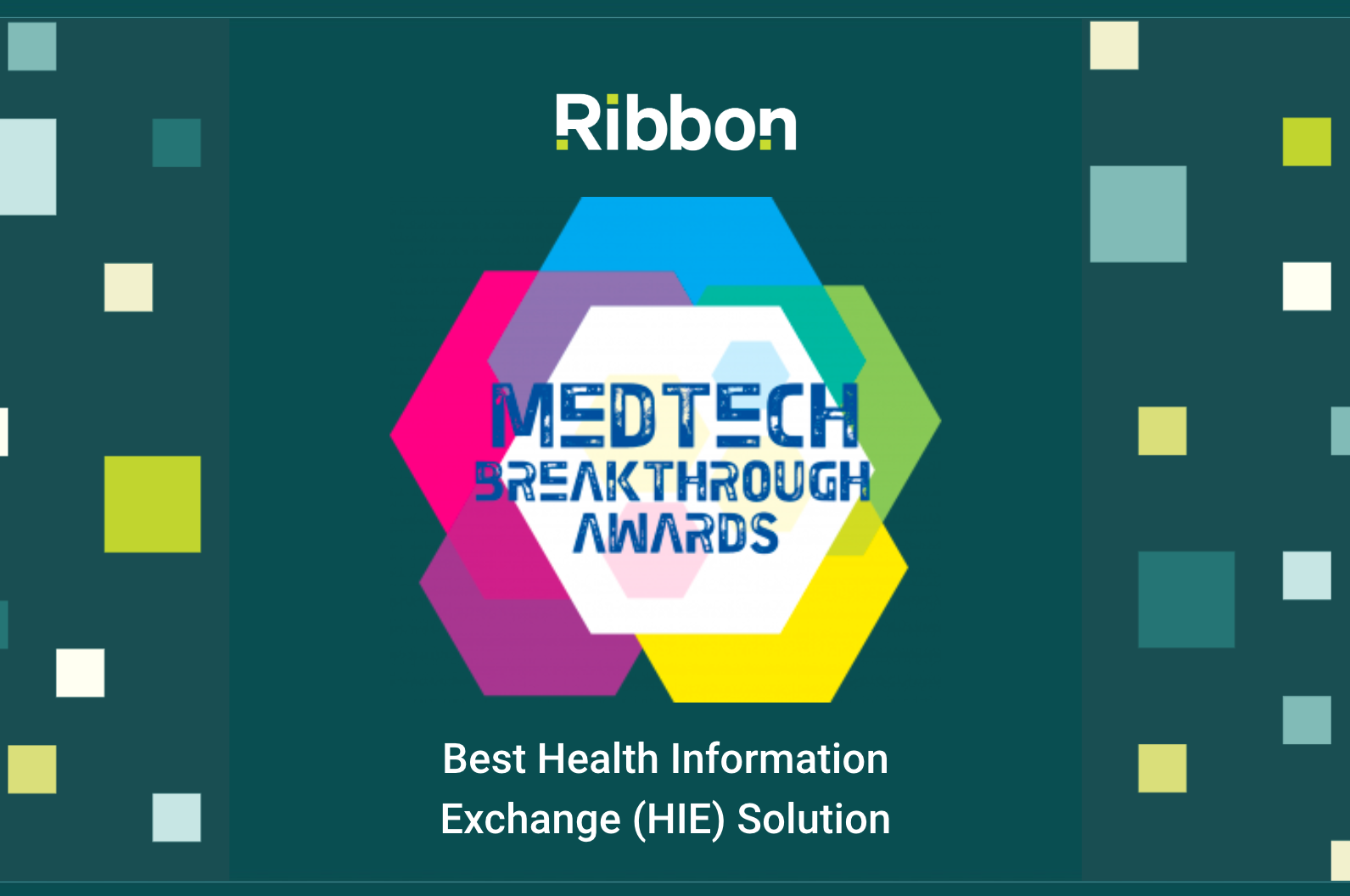How to choose a health plan

How care navigation solutions are paving the way for a better experience
Choice. It’s part of what makes us human and proof of our free will. So, whatever else choice may be, it’s fundamentally a good thing, right?
Ask anyone who’s had to choose between maddeningly complex health plans, and the answer might be a resounding “N-O.” The sheer number of options. The impenetrable jargon. For all too many people, choosing between health plans is just really, really hard.
How to Choose a Health Plan
Here’s why that continues to be true and how innovations in care navigation services are paving the way for a better plan selection experience.
Choose your own adventure, healthcare style
Whether it’s picking a plan through an employer, the federal exchange, or a state marketplace, the painful truth is, it almost doesn’t matter. Across the board, people report feeling bewildered, confused, scared — you name it — by the plan selection process, pretty much from end to end. That’s true no matter what their specific circumstances might be.
Let’s look at the experience and the expectations that consumers have going in to understand why that’s the case.
Healthcare consumers face a dizzying number of plans and options, for starters, and they have to choose just one. For example, in Seminole County, Florida, last year, the number of options available to county residents was 174 from 10 health insurers. Most people don’t have the time to painstakingly go through the details of 174 plans, not only comparing them to one another but also factoring in coverage and individual health considerations.
Add health literacy to the mix, and the process becomes even more daunting. Most healthcare consumers don’t fully understand health plan jargon. A 2017 UnitedHealthcare survey found that only 9% of Americans surveyed “showed an understanding” of four common health plan terms: health plan premium, health plan deductible, out-of-pocket maximum, and co-insurance.
Finally, there’s another wrinkle to the health plan selection process worth considering, one that brings into play powerful psychological dimensions. On the one hand, selecting a health plan always feels like a momentous decision, and rightly so — the physical and financial stakes are high. But on the other hand, most of us ultimately wind up making that decision without knowing all of the things we need to know to make the right decision.
Worse, most of us are aware that we lack that information. We know we don’t know everything about the option we ultimately select.
So, where does that leave us? Making uninformed or somewhat informed guesses about the state of our future health and doing it while oscillating between two poles: wanting to select a plan with just the right amount of coverage at the best cost. It’s a bit like playing The Price is Right, only with ramifying risks and none of the rewards.
Enabling better healthcare decisions
In light of all of this, it’s not surprising that many associate the process of picking a health plan with feelings of dread. The very notion of choice — and choice’s complexity — can leave people feeling disillusioned.
What can the healthcare industry do to change how consumers interact with vital healthcare information?
Finding the answer requires us to take a closer look at how healthcare consumer choices are supported and enabled, and how front-end and back-end tech-driven solutions can join forces to transform the experience.
One example is our partner, Bennie. Bennie is an employee benefits solution that helps employees understand their benefits and how to access and use them. Ribbon’s best-in-class provider directory integrates into Bennie’s management platform, which acts as a single hub for all employee benefits. With an easy-to-use search tool powered by Ribbon’s accurate and comprehensive provider data and on-demand access to healthcare experts, employees are equipped with critical resources that enable a seamless plan selection experience during open enrollment periods.
The future of plan selection
We all know that the chaotic nature of selecting a health plan is not only a draining experience, but it can also have a devastating effect on access to convenient, high-quality, and cost-effective care. All too often, there are instances of consumers who pick a plan during open enrollment only to realize later that their preferred physicians or specialists are not in-network or employees who choose a low-deductible plan that ultimately costs them more.
Fortunately, Bennie and other care navigation solutions are making significant strides in simplifying the plan selection process. As we continue to collaborate and share ideas, we’re hopeful that picking a health plan won’t be so grueling in the near future.
To learn more about the impact of tech-driven innovations on patient experiences and care delivery, check out one of our most recent blog posts, Addressing Health Equity Through Healthcare Innovations.
In this post, we take a closer look at up-and-coming healthcare tech solutions that are overturning longstanding barriers to better, more equitable healthcare.
Read more about our company and culture

Ribbon Health Named 2023 MedTech Breakthrough Award Winner

Fierce Healthcare names Ribbon Health as one of its 2023 “Fierce 15” companies






.png)